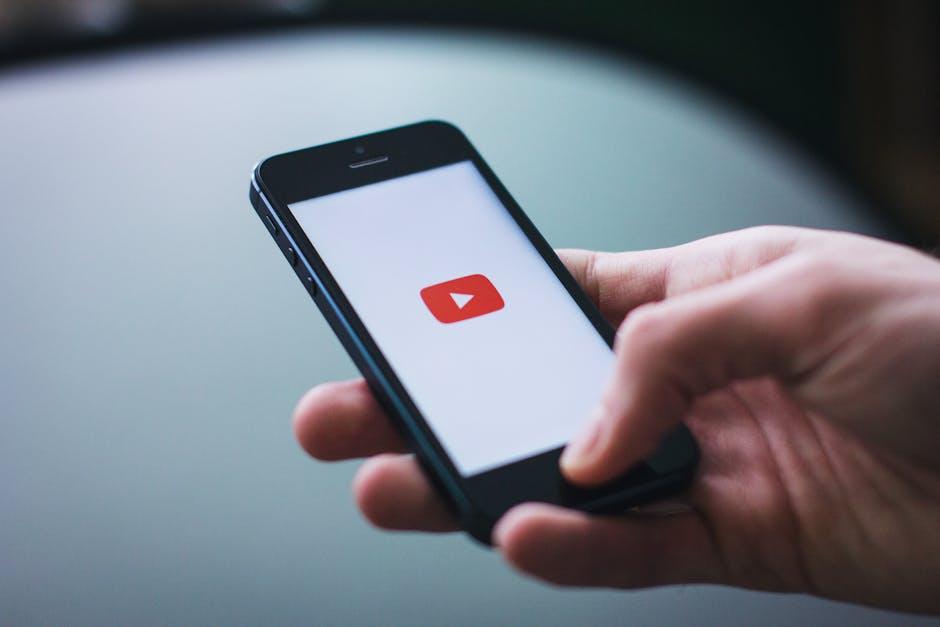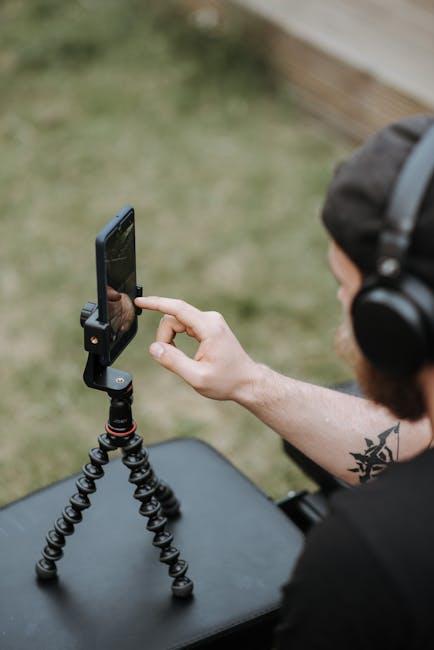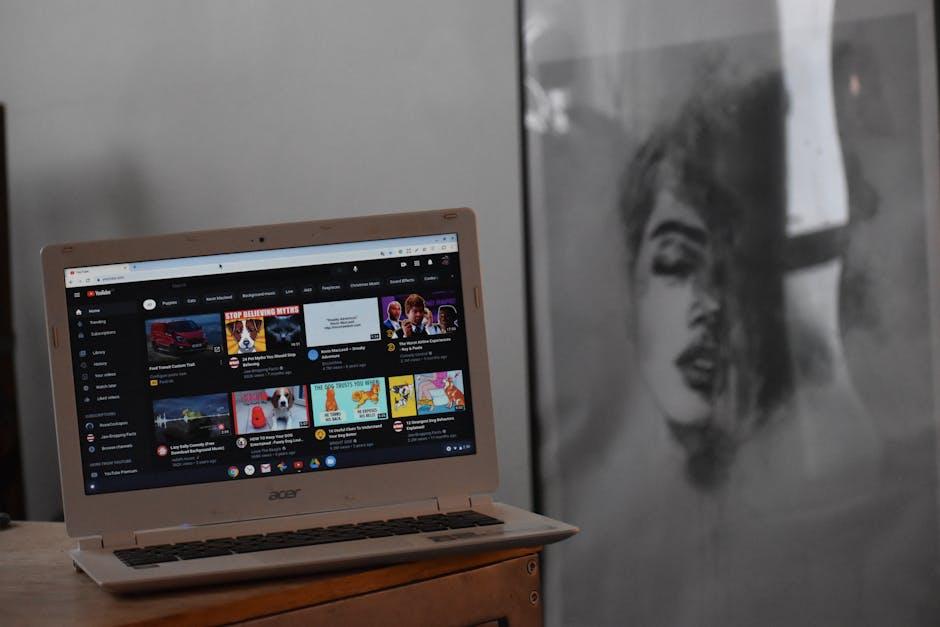Ever found yourself mesmerized by a music video or a tutorial on YouTube, wishing you could hit pause and download it for offline viewing? You’re not alone! The allure of saving those viral clips and binge-worthy vlogs is strong, but before you dive into the world of downloads, it’s crucial to ask: is it actually legal? This article is here to unravel the mystery surrounding downloading YouTube videos. We’ll navigate the murky waters of copyright laws and YouTube’s own policies, helping you determine if you can snag those videos without facing any legal waves. So, grab your favorite snack and let’s explore this digital dilemma together!
Understanding the Legal Landscape of Downloading Videos

When it comes to downloading videos from YouTube, the waters can get a bit murky. You might be wondering if it’s okay to hit that download button or use a third-party service to snag your favorite clips. The short answer? It depends. YouTube’s Terms of Service explicitly state that users are not allowed to download content unless there’s a download button or link that permits it. Think of it like borrowing a book; if the author doesn’t give the green light, it’s a no-go. Violating these terms may lead to consequences, ranging from having your account suspended to facing legal issues, which is the last thing anyone wants to deal with!
Now, let’s break down a few factors that contribute to the legal landscape of video downloading. There are various forms of content out there, and not all of it is treated equally in the eyes of the law:
| Type of Content | Legal Status for Downloading |
|---|---|
| Creative Commons | Generally allowed with attribution |
| Personal Use | Gray area; may depend on content |
| Commercial Use | Not allowed without permission |
Understanding the nuances of copyright law and how it applies to YouTube videos can feel like traversing a legal jungle. While some videos might be safe to download, others could land you in hot water. Always do your homework before hitting that download button!
Exploring YouTubes Terms of Service and Copyright Policies

When it comes to YouTube’s Terms of Service, things can get a bit murky, especially regarding downloading videos. Let’s face it—YouTube is primarily a streaming platform where users can watch and share content freely. However, according to their policy, downloading videos is generally a no-go unless they provide a download button, like in their premium subscription services. So, if you come across that tempting “Download” button, it’s like winning the lottery! But if you’re thinking of snagging that adorable cat video by other means, it could land you in hot water. It’s always best to tread carefully and respect the creators and their content.
Now, let’s delve into copyright policies, which are the backbone of protecting creators’ rights. YouTube’s guidelines emphasize that when you create or share content that isn’t yours, you must have permission. It might feel like tiptoeing through a legal minefield, but here’s the silver lining: many creators appreciate you sharing their work with credit, as it allows them to reach a wider audience. If you’re unsure whether it’s okay to download or use a video, consider falling back on the Creative Commons licenses, which give you the green light to use certain videos as long as you follow the rules outlined by the original creators. Keeping it legit not only keeps you out of trouble but also builds a community based on respect.
Safe and Legal Alternatives for Downloading Content

If you’re looking to download content from YouTube, it’s important to stick to methods that respect copyright laws. Luckily, there are multiple safe and legal options to consider. One popular choice is utilizing YouTube’s own features, such as the offline viewing feature available in the YouTube Premium subscription. With this service, you can enjoy videos without an internet connection. It’s like having your cake and eating it too—you’re accessing great content while being on the right side of the law!
Another alternative is to explore platforms that offer royalty-free media, where videos can be downloaded legally for personal use or even for projects. Check out sites like Pexels, Pixabay, or Unsplash for a treasure trove of high-quality, free videos. Here’s a quick comparison of some platforms you might consider:
| Platform | Content Type | License Type |
|---|---|---|
| Pexels | Videos & Images | Free for personal/commercial use |
| Pixabay | Videos & Images | Free for personal/commercial use |
| Unsplash | Images | Free for personal/commercial use |
Tips for Responsible Video Usage and Sharing

When it comes to sharing videos, it’s crucial to think before hitting that “share” button. You wouldn’t invite someone to your home without letting them in first, right? The same principle applies here. Always consider the source and context of the video. Is the content creator okay with their work being shared? Respect for creators not only fosters a positive environment but also encourages them to keep producing amazing content. Plus, it’s a good habit to give credit where it’s due—tagging the original creator can help grow their audience and build a supportive community.
Another key aspect is about downloading content. If you’re thinking about saving a video for offline viewing, always check if the platform allows it. Sometimes creators provide direct downloads or links for their audience, which is a win-win. If there’s no download option, consider alternatives like playlists or likes to support your favorite videos. Keeping video usage ethical ensures we maintain the balance in the creator economy. Misusing content could lead to a ripple effect, potentially harming the creators and the platforms we love using. So, stay informed and use those videos responsibly!
Future Outlook
So, there you have it! Navigating the legal waters of downloading YouTube videos can feel like trying to find a needle in a haystack, right? While it might be tempting to hit that download button and binge-watch your favorite content offline, it’s crucial to tread carefully and stay on the good side of copyright laws. Just remember, not all content is created equal—some are up for grabs, while others are firmly locked away.
If you ever find yourself pondering whether you can download a certain video, think of it like borrowing a book from a library—ask yourself if you have permission. Always keep an eye on those terms of service and consider reaching out to creators if you’re unsure! The more informed you are, the better decisions you can make.
So next time you cozy up with a video on YouTube, remember that knowledge is power. Keep enjoying your favorite creators, explore the legal ways to enjoy content offline, and let’s keep the internet a vibrant place for everyone! Happy watching!

